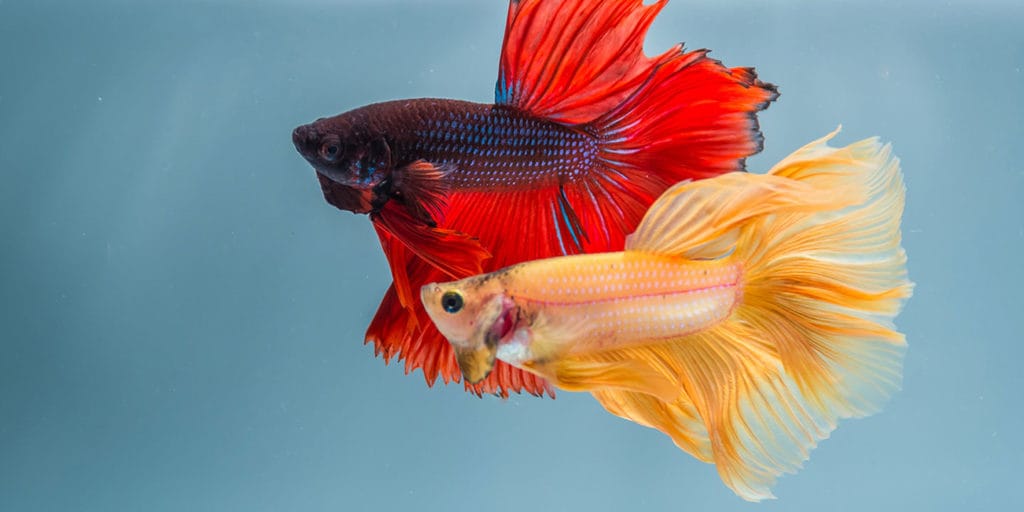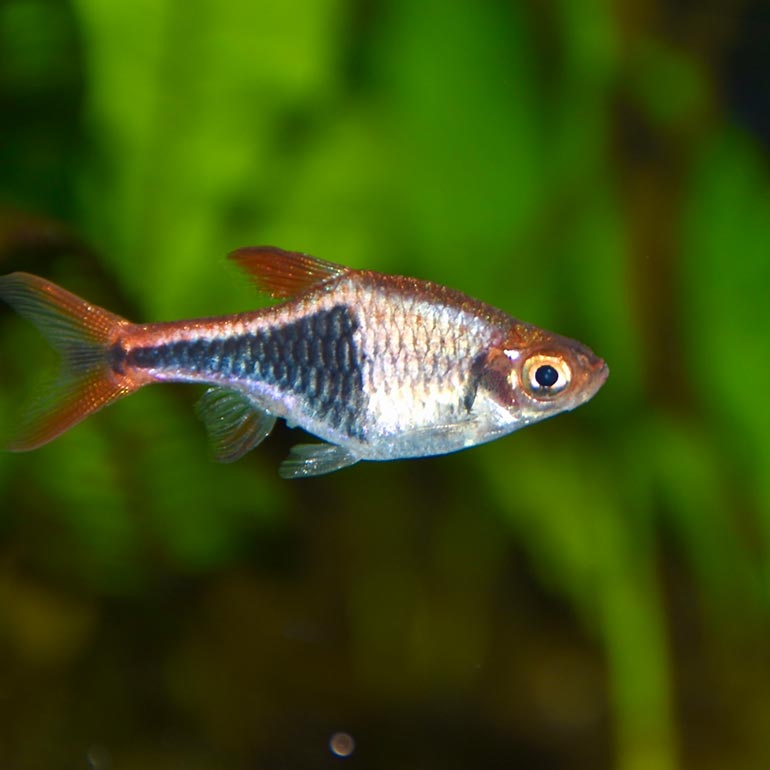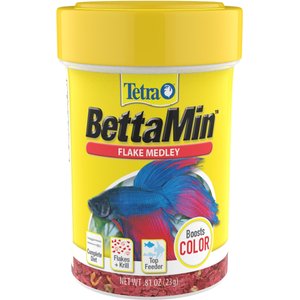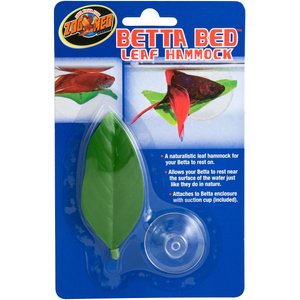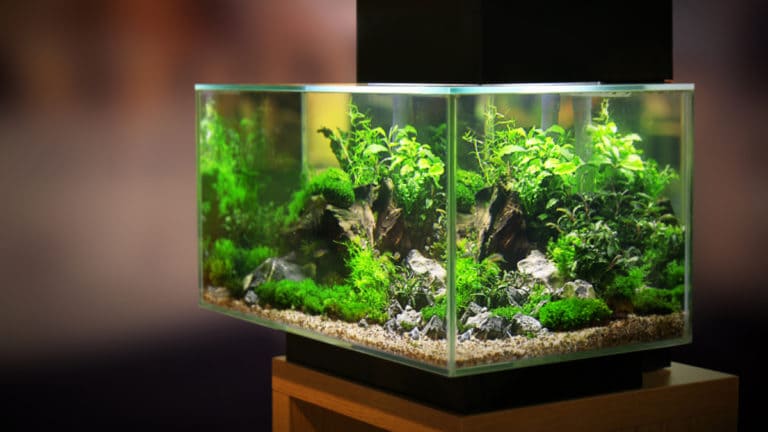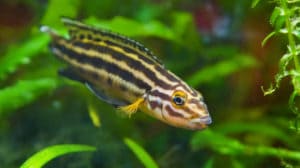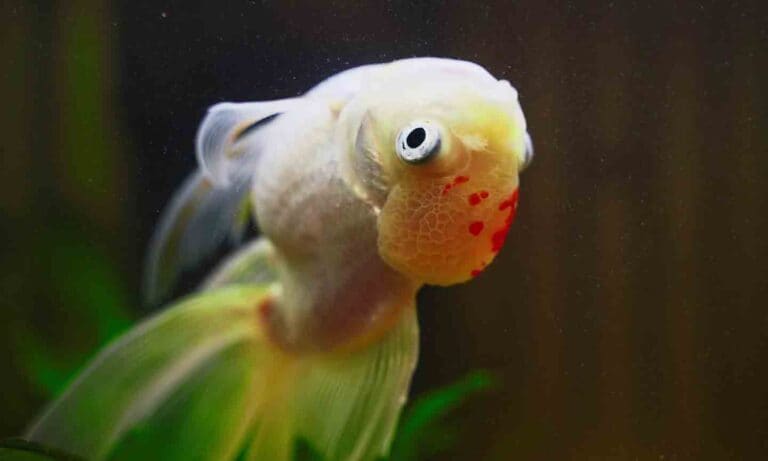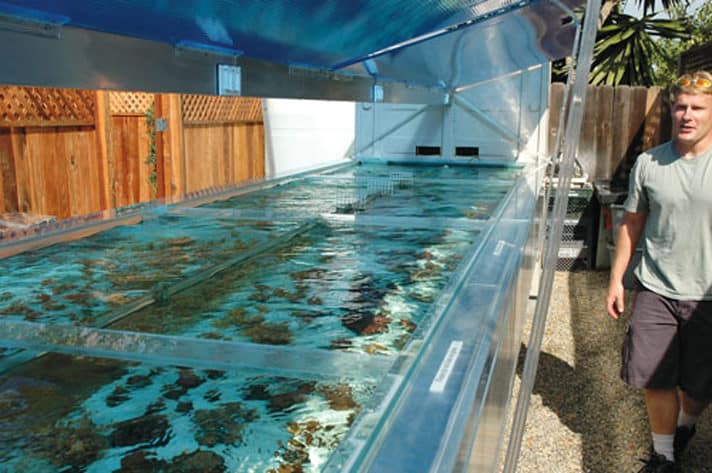Betta fish have a reputation for being feisty and territorial, and they're generally considered to be poor tank mates—but that's not always the case. Yes, bettas can be aggressive, especially males against other males, which is why they should generally not be kept together in the same tank. There are a few other “tail nipping” fish that shouldn’t be kept with bettas, too, but that doesn’t necessarily mean your fish has to spend their whole life alone.
If you’re looking for a friend for your betta, consider one of these 10 best betta fish tank mates.
Click the buttons below to jump to that section:
What Fish Can Live With Bettas?
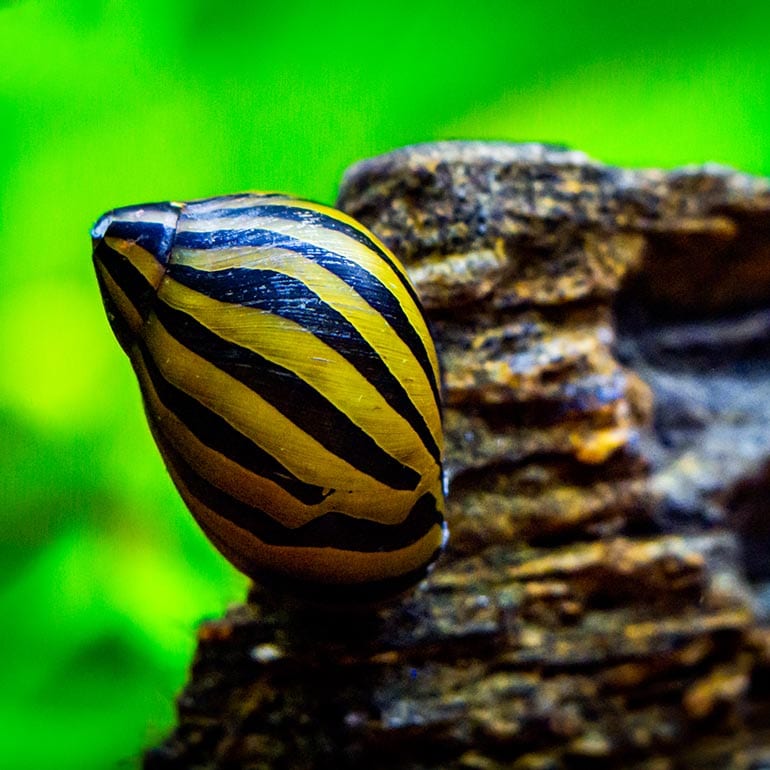
iStock.com/Juan Carlos Juarez Jaramillo
1 Snails
Minimum tank size: 5 gallons
Snails are some of the best tank mates for bettas. Mystery snails in particular are a great option as they clean up algae, consume uneaten food, are extremely docile and have a hard shell to retreat into in the event your betta is particularly curious. Nerite snails are another great choice and have intricate shell patterns that add an interesting visual element to your tank.
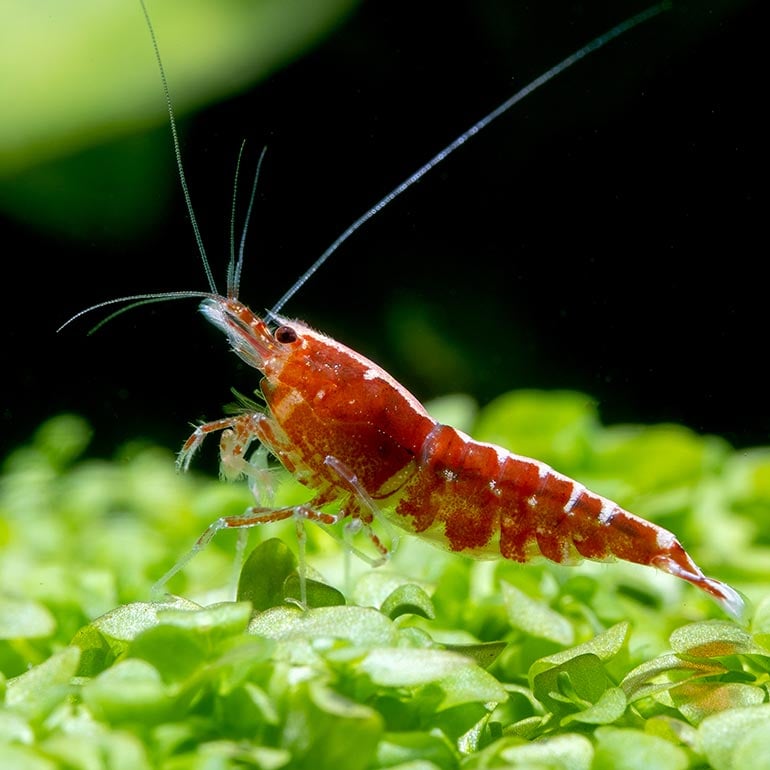
iStock.com/Narongrit Sritana
2 Shrimps
Minimum tank size: 10 gallons
There are several shrimp species that can coexist well with your fish. Ghost shrimp and red cherry shrimp are both good candidates for this role, and make great members of your aquarium cleanup crew. Nothing goes to waste with shrimp in a tank, and both of these varieties are fascinating to watch in the aquarium. They do particularly well with live plants, too.
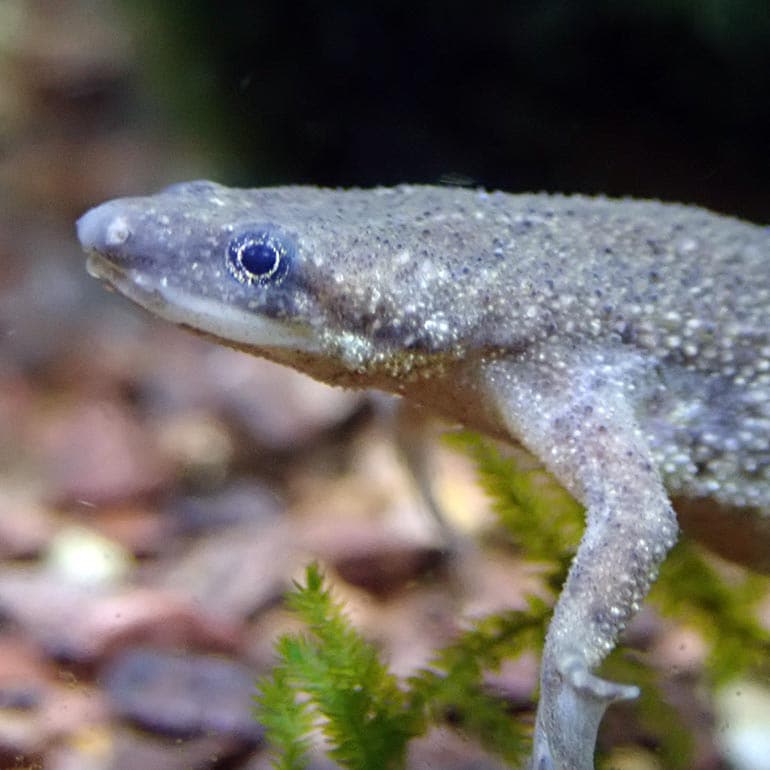
iStock.com/Hailshadow
4 African Dwarf Frogs
Minimum tank size: 10 gallons or more
These dwarf frogs get along well with bettas because they interact very little, if at all. They prefer living in small groups of two or more, and like to explore their surroundings. They have lungs not gills, so they come up to the surface to breathe. Dwarf frogs are peaceful and sometimes lose out to bettas for food, so you’ll need to make sure they get enough to eat.
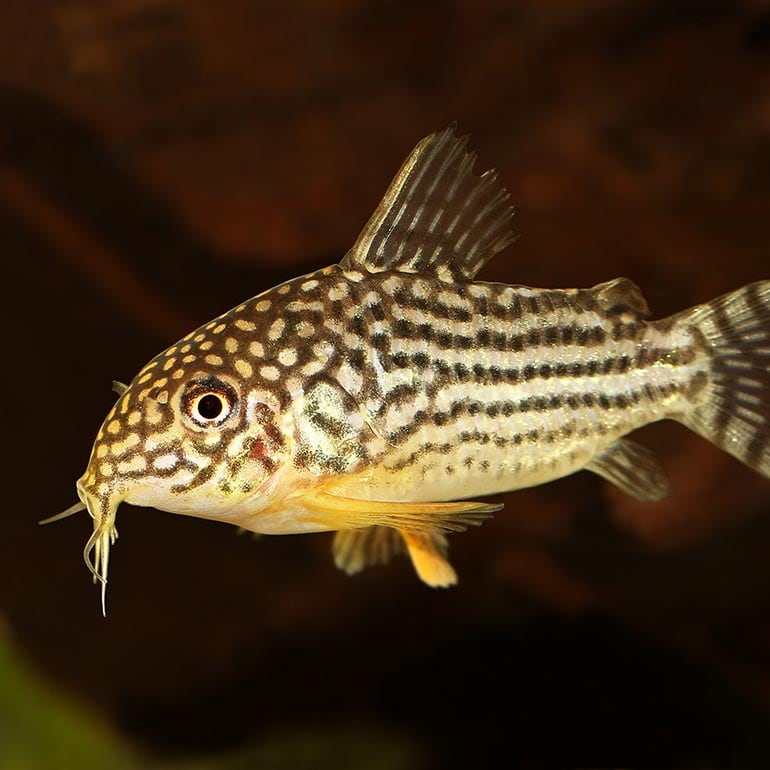
iStock.com/Mirko Rosenau
5 Corydoras Catfish
Minimum tank size: 10 gallons or more
Corys are perfect additions to a community betta tank. They are non-aggressive, easy to care for, live at the bottom of the tank and do best in groups of at least five individuals. There are more than 160 species of corys in the world, and some of those species can grow quite large, so make sure that the cory species you choose fits your tank size. For smaller aquariums, consider some of the more petite Corydoras varieties; the panda cory is a great option.
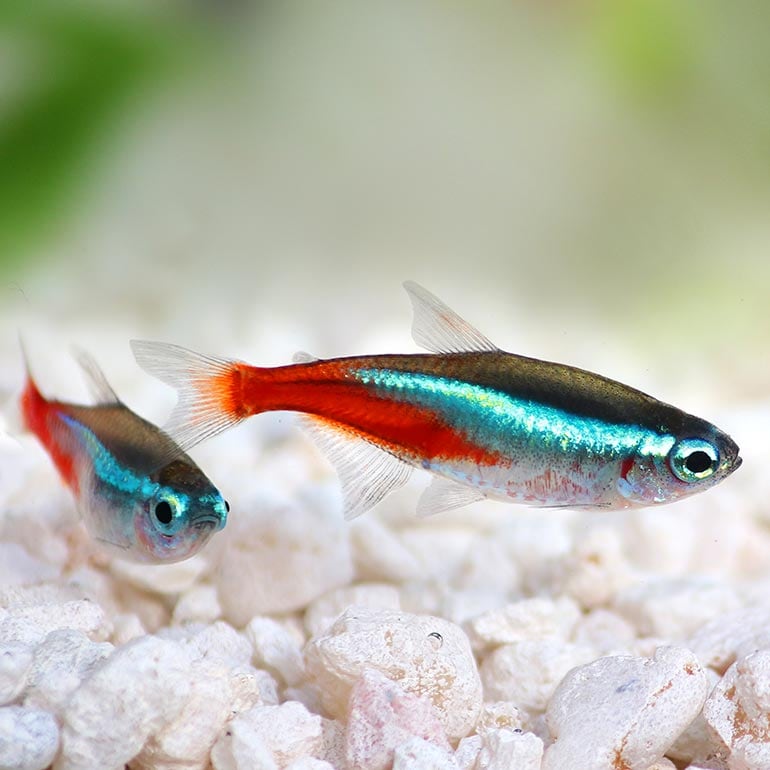
iStock.com/Mirko Rosenau
6 Neon and Ember Tetras
Minimum tank size: 15 gallons
Tetras are shoaling fishes, and as such, prefer to live in groups of at least six. Since they spend the majority of their time midwater, they won’t interact much with a betta, who will primarily occupy the top half of the water column. They are small, fast, and do well with more horizontal swimming space compared to vertical.
7 Harlequin Rasboras
Minimum tank size: 10 gallons
Similar to tetras, rasboras will do well sharing an aquarium with a betta fish. They’re gentle, peaceful and tend to keep to themselves. They are also shoaling fish and do best in groups of five to eight. They are not brightly colored, but are still a beautiful and elegant addition to a community betta tank.
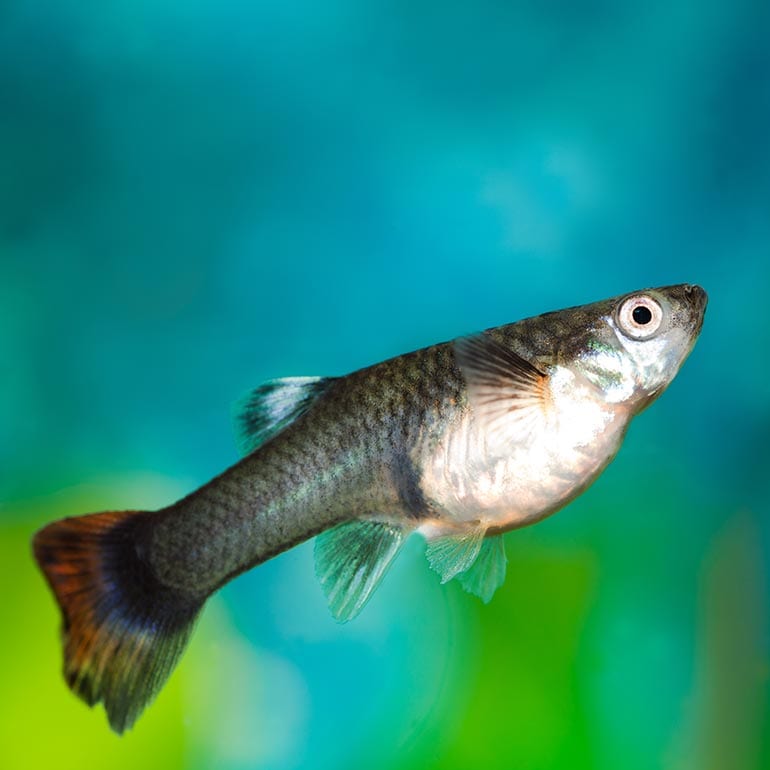
iStock.com/kerkla
8 Guppies
Minimum tank size: 10 gallons
You will want to get feeder guppies not fancy guppies, as the long, flowing fins on fancy guppies will probably attract the attention of a male betta. Guppies are docile, resilient and can live alone or in groups. They breed readily, so if you don’t want baby guppies who will be readily hunted down by your betta, keep only one gender at a time. Males are more colorful than females.

iStock.com/Mirko Rosenau
9 Clown Pleco
Minimum tank size: 20 gallons
This docile algae eater is definitely compatible with a betta fish. Clown plecos are beautiful, easy to care for, and have tough skin in the event your betta gets nippy. Make sure you’re getting a clown pleco or another smaller species of pleco, though, as the common pleco can reach 2 feet in length! Clown plecos and bristlenose plecos are both good species for smaller community tanks.
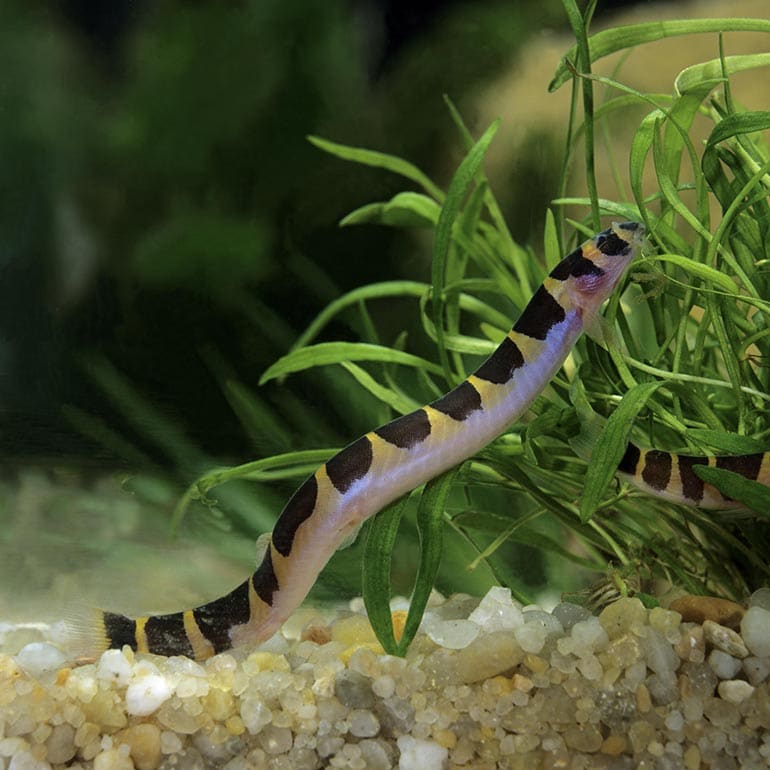
iStock.com/slowmotiongli
10 Kuhli Loaches
Minimum tank size: 20 gallons
With more than 200 loach species on the planet, it’s not surprising that many of them get quite big. The Kuhli maxes out around 4-5 inches in length and is a bottom-dwelling, eel-like fish that will mind its own business. These fascinating fish will burrow if you have a sandy substrate, and enjoy eating brine shrimp.
Tank Mates to Avoid
Bettas usually attack scales, gills and tails and will respond if bitten by aggressive fin nippers, such as angel fish or red tail sharks. Goldfish should also be avoided, as well as fish that are larger than your betta or have similar fins.
Some animals you should avoid keeping with your betta are:
- Other male bettas
- Tiger barbs
- Cichlids
- Goldfish
- Gouramis
- Puffers
- Red tail sharks
- Angelfish
Betta Fish Aggression: Born, Bred or Both?
Why do betta fish fight with other bettas? Betta fish are naturally territorial and males will almost always show aggression when they encounter other males in the wild. In the canals and rice paddies of their native habitats in Laos, Cambodia and Vietnam, less dominant bettas have plenty of places to flee and hide, so fighting isn’t always necessary.
That being said, a fight between two dominant bettas can be vicious, and this characteristic was exploited by people who cultivated betta fighting as a sport, which is how they came to be called Siamese fighting fish. Betta fighting became so popular that villagers in some areas began selectively breeding the fish to be more aggressive, and this genetic tendency is believed to still exist in bettas today.
Betta attacks can cause severe injury, infection and even death, so keeping males separate is crucial to their well-being. On the other hand, female bettas are more interactive in a community tank, and can even be kept in groups called sororities. With five or more female bettas living together (in a tank size of 10 gallons or more), the aggression seems to be dispersed and they can coexist peacefully.
Introducing Your Betta Fish to a Community
Betta Fish Favorites
When you’re ready to combine betta fish with other fish in a community tank, take the same precautions you would before adding any fish:
- Ensure they are free of disease and parasites
- Clean the community tank
- Check water conditions
- Keep water at the optimal temperature of 78-80 degrees Fahrenheit
- Acclimate them to the water temperature by floating them in a plastic cup or bag
Release your betta fish and then monitor their interactions with other fish. Provide them with lots of hiding spots where they can escape if they get stressed, and make sure the tank is large enough for all your fish. It is always better to add a betta to a community tank, than to add other tank mates to a betta tank.
If you see any conflicts or notice your betta hiding in a corner, community life may be too stressful for them. They may prefer a small betta tank setup of their own like the beautiful Fluval Spec V Aquarium Kit complete with three-stage filtration and LED lighting. You can also add a small heater and a water conditioner like Aqueon Betta Bowl Plus Water Conditioner, which is specially formulated to promote good health, vibrant color and natural slime coat protection. It also conditions tap water instantly, making it safe for your fish.
Companions are absolutely not required for your betta fish, and just because they are alone doesn’t mean they are lonely. “Bettas tend to be sedentary due to the weight of their fins and often prefer to be in their own tank, where they will spend a good deal of time sleeping and resting quietly,” says Dr. Julius M. Tepper, DVM, a certified aquatic veterinarian and fellow at the World Aquatic Veterinary Medical Association in Stafford, England.
Just remember to give them a big-enough tank: While they can survive in tanks smaller than five gallons, they won’t live as long and their quality of life will be reduced. Provide an enriching environment by adding plants (real or fake) and fish tank accessories such as the Zoo Med Ceramic Betta Log or the Zoo Med Floating Betta Log. Inspired by bettas’ natural habitat, these betta logs make ideal areas for your betta to sleep, relax, feed or blow a bubble nest.
Frequently Asked Questions
Q:Do betta fish need tank mates at all?
A:Bettas do not need tank mates and are perfectly happy living a solitary life. In fact, community aquariums can be stressful for many male bettas, and if they show signs of discontentment when housed with other fish, it is best to remove them and create a tank of five gallons or more for that one betta.
Q:Can angelfish live with bettas?
A:No, angelfish can not live with bettas. Both species will vigorously defend their territories against perceived invaders, and this can lead to fights, injuries, stress and potentially death. That’s not to say that bettas and angelfish have never been successfully housed together in an aquarium, but this combination is not recommended.
Q:Can bettas live with guppies?
A:Bettas can live with guppies, and they can actually be pretty compatible tank mates. Fancy, long-finned guppies will not fare as well as their more subdued feeder guppy relatives and will likely be the recipients of aggression from male bettas, so it is best to avoid the flashy fish with bright colors.
More to explore:
Share:
